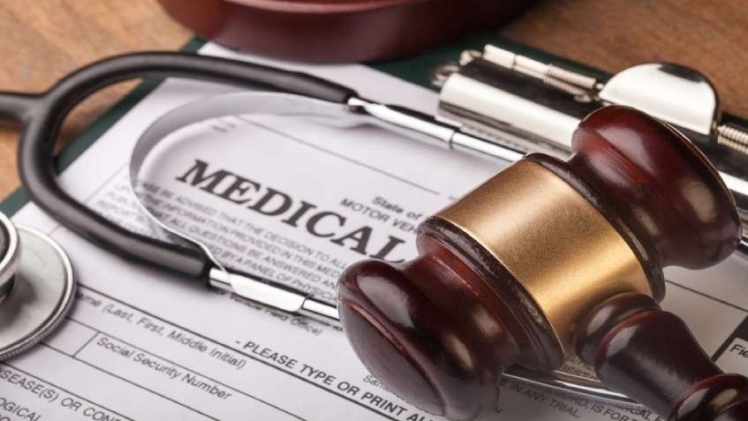Like medical malpractice, legal malpractice happens when a lawyer doesn’t do what they should do, and their mistake harms their clients. Lawyers must stick to specific norms of moral and professional conduct. When they neglect to follow those principles, you can file a lawsuit against the lawyer for legal malpractice.
The claim should have some characteristics to be considered as malpractice:
- There was a violation of the standard of professional conduct: The law recognizes that the calling perceives sure legal norms are acceptable conduct. These norms of expert conduct are generally controlled by the morals rules of the state bar association. Lawyers have a commitment to their clients and the bar to work inside these principles. Customers reserve the privilege to expect lawyers will follow the law, act in a moral and legit way, act to the greatest advantage of their clients with diligence, integrity, and good faith, and will execute their issue at a level of competency that secures their legal rights. Lawyers should likewise keep up and supply clients with full and point-by-point reports of all cash, and additionally, the property took care of them. At last, lawyers should not cause harm to outsiders through negligible cases or malicious prosecution. If it is resolved that the principles of expert direct have been disregarded, at that point, carelessness might be set up.
- The negligence caused a negative legal outcome: It isn’t adequate that a Miami Medical Malpractice Attorneys essentially was careless for a legal malpractice case to be substantial. The plaintiff should likewise prove that there were legal, financial, or other negative consequences brought about by the carelessness. A troublesome result without help from anyone else isn’t malpractice. There should be a direct connection between a violation of the norm of a lawyer and the negative outcome.
- The negligence resulted in significant damages: Legal malpractice claims are costly to litigate. For a case to be practical, the plaintiff should show significant damages that came about because of the carelessness. If the damages are minor, the expense of seeking after the case may be more prominent than the actual recovery. To be worth pursuing, the plaintiff should show that the result brought about losses far in abundance of the measure of legal charges and costs important to bring the activity.
Some examples of Lawyer negligence are:
- Missing Statute of Limitations
- Poorly written legal documents
- Abandonment of a client’s matter or absence of due diligence
- Malicious or frivolous litigation
- Presenting false evidence
- Mistakes or omissions resulting in a negative output of a client’s case
- Misappropriation of client funds
- Breach of attorney-client privilege
- Exerting undue influence adverse to the client’s interest
- Obstruction of justice
- Malfeasance or dishonesty
- Conflicts of interest
- Billing fraud
- Breach of fiduciary duty
- Improper legal advice
- Excessive litigation at the client’s expense
How to Sue a Lawyer for Malpractice?
- Accumulate sufficient proof to show your lawyer was negligent.
- Fire your lawyer and get another lawyer experienced in legal malpractice claims.
- Make a point to save each document and record that can assist with your legal malpractice case.

